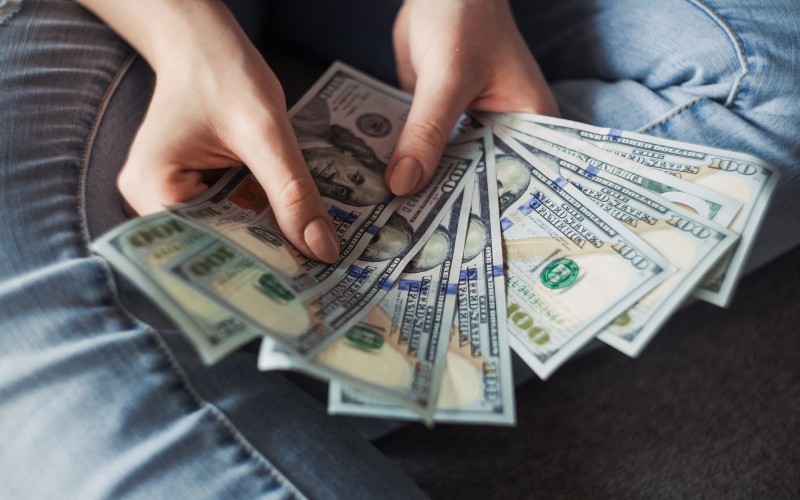The U.S. government shelled out almost $25 million in 2020 for data on Americans in an effort to combat the spread of the COVID virus. But the Department of Health and Human Services quickly discovered it could use the data to identify individual Americans and track things like mental health treatment and substance abuse by digitally following people to shelters, jails, detox facilities, schools, and the like.
In fact, governments in countries like China, Israel, Australia, and India went to work on apps for phones that were used to limit travel, force compliance with lockdowns, and enforce mask mandates. Twila Brase of Citizen's Council for Health Freedom offers a word of caution, explaining that a cellphone, unbeknownst to most people, is a miniature tracking device.
"People don't really understand the kind of freedom that they could be losing if the government gets access to the information in your phone, including your location and what you do and who you're near," she describes.
When it was introduced, advocates of digital COVID tracking touted the benefits of it – e.g., speed and an easy way to communicate. But Brase contends governments have been war-gaming responses to a potential pandemic for almost two decades.

"They've been thinking about it for years and years and years," she tells AFN, "and this was their opportunity to put it all into action, to see how it worked, and to see whether we would comply" – which people did, she adds.
Brace says the U.S. government tried to test the limits of that compliance from Day 1. "Even Deborah Birx [argued for a shutdown of] 15 days to 'flatten the spread' – and then they took it, they agreed with her … and then she said right away she was there, trying to get it longer than 15 days," Brace recalls.
Dr. Birx served as the White House COVID-19 Task Force coordinator under former President Donald Trump. The following excerpt from her book "Silent Invasion" confirms Brase's accusation:
"No sooner had we convinced the Trump administration to implement our version of a two-week shutdown than I was trying to figure out how to extend it. Fifteen Days to Slow the Spread was a start, but I knew it would be just that. I didn't have the numbers in front of me yet to make the case for extending it longer, but I had two weeks to get them. However hard it had been to get the fifteen-day shutdown approved, getting another one would be more difficult by many orders of magnitude."
In June 2022, Birx was asked by Congressman Jim Jordan if it was a lie or a guess when the federal government told America that people who were vaccinated could transmit the virus. Her response: "I think it was hope."







